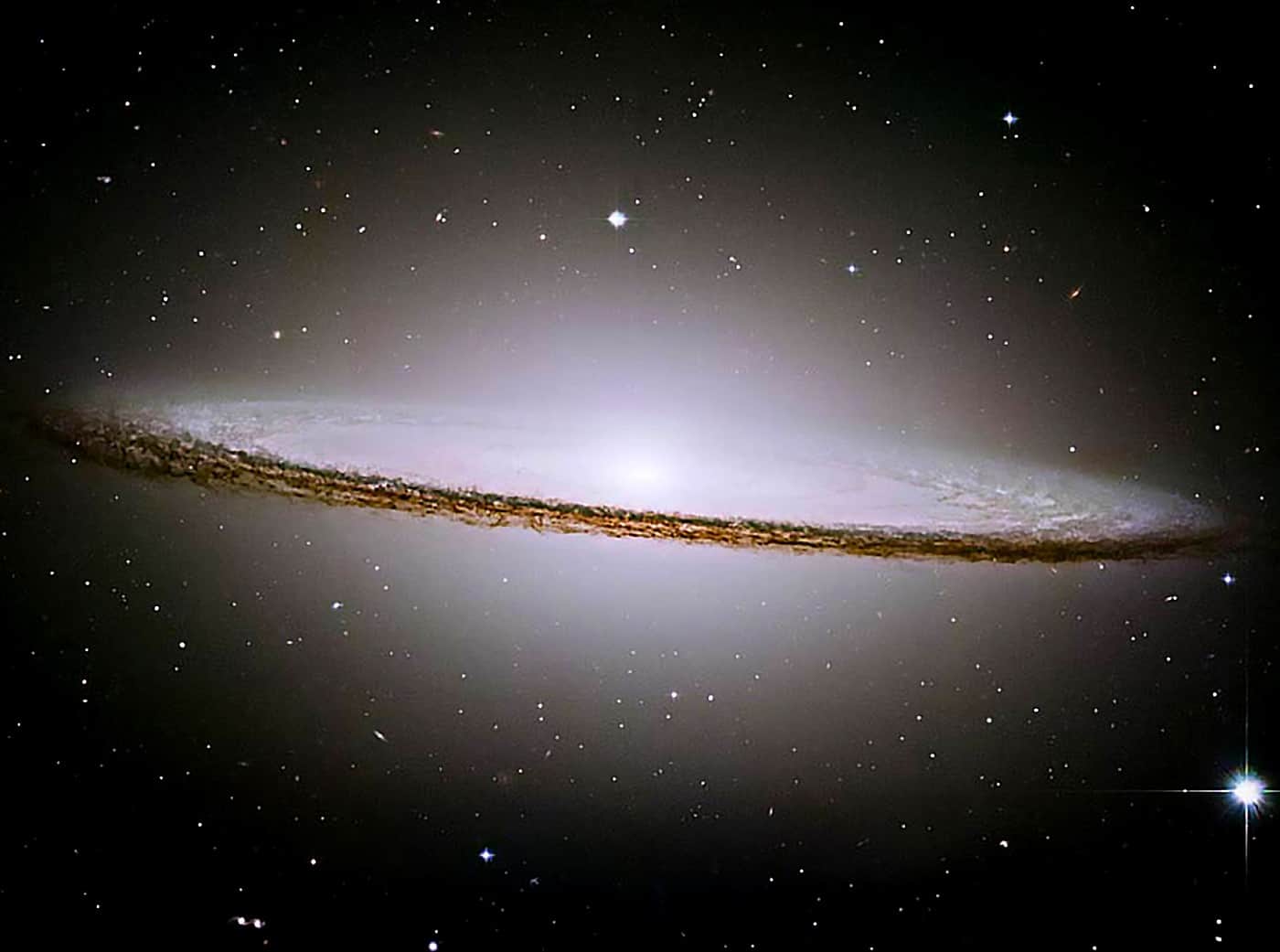Life in Australia
Life in Australia
One word: Durian
Robert – a self-styled “foreigner” to our shores – is most upset to have been hoaxed by the false promise and dashed hopes of life in Australia. A few days ago Robert commented on an ancient post here at Values Australia and his comment was upsetting.
Sir Roger cannot bear the thought of another’s pain and Robert surely is in pain.
So is Sir Roger. He had no idea how unhappy he himself must be, given Robert’s assessment of the Oz he had until then thought so wonderful.

So following is Sir Roger’s response to Robert.
![]()
Sir Roger has asked his manservant esteemed assistant to pen a response to Robert. He would have liked to have been able to respond personally but is unable as he is packing his belongings in preparation to leave this dreadful hell of a country.
He is astonished that he had been so blind in his comforts, his pleasures, his friendships, his safety and his freedoms not to realise how utterly miserable he must obviously be. And indeed he is at this very moment beset by a grotesque problem. That is, where he should move away to and how should he get there? By plane? Or by boat?
The United States may seem a much better option except for the constant shootings, the fundamentalist christians and the Tea Party.
The UK? Very civilised, at least on the surface, and the world’s funniest comedians, but, oh, the endlessly whining whingers! And the weather!
Somewhere in Africa, perhaps? Central African Republic? Chad, Nigeria, South Sudan? There are plenty of spaces becoming available there since so many of them are choosing to come to Australia. But the job opportunities are not so good and someone like Sir Roger is sure to be kidnapped. And he questions why, if it is so wonderful there, so many of them are choosing to leave, that so many could even find Australia preferable. Big question mark on that one.
Asia? He fears the death penalty for minor crimes in China. He values his internal organs (and his external ones for that matter) and doesn’t want them shared with a transplant tourist before his time.
Japan fails to offer the wide open spaces that he craves.
Malaysia? He just doesn’t like their appalling racism. You know? Of course as a white man he could live behind a tall fence in a white compound with fierce dogs but where is the interest in a bunch of self-absorbed, arrogantly superior, self-congratulatory, western businessmen and their bored wives and nasty children?
Thailand? One word. Durian.
Indonesia beckons…but trips at all the hurdles of entrenched – and world famous – political, judicial, law-enforcement and corporate corruption, not to mention brutality to animals, religious intolerance, terrorism, death by firing squad and plain ignorance. Pretty country, though, and lovely people if you get to know the ones who aren’t trying to rip you off.
India? Well, you know, of course it’s worth a visit but … Sir Roger doesn’t consider rape a worthwhile or even enjoyable pastime. One of his friends is moving to Bhutan. Would he have to convert to Buddhism, though? He’s not all that religious. AT ALL.
And South America is the most dangerous continent on earth.
There’s always western Europe, of course, and Sir Roger does love to spend large amounts of time there, especially in their restaurants and in the cheese and wine aisles of their supermarkets, but they can be cold to strangers who don’t speak their languages perfectly, don’t you think? And it’s all so old and the skies are so murky. There’s very little that’s fresh blue.
As for Iraq, Afghanistan, Iran, Pakistan and Syria … hmmm … you know, Sir Roger’s not much of a one for car bombs, Talibans, shooting young girl students, hatred, bigotry, religious intolerance, violence, bloodshed of any kind, actually – not even Rugby League – or cranky old narrow-minded farts in funny turbans and beards a pelican could nest in, doling out fatwahs like Easter eggs at Christmas.
So Sir Roger is struggling to find a country either
a) that would accept him or
b) that he would accept.
Perhaps after all he will have to remain for a little longer amongst the awfulness of:
- religious tolerance (despite the fact Sir Roger is a little intolerant of religious beliefs in general),
- freedom of speech
- a more or less free press
- freedom to congregate
- personal safety
- world standard education, free to secondary level
- a social safety net
- free medical treatment
- stable democracy (with no shootings at election time)
- astoundingly pleasant weather
- mostly generous people
- a thriving triple-A economy (no matter what they say)
- a rich cultural life (very well, yes, much of it imported)
- comparatively high incomes
- comparatively low unemployment
- electronic access to the fascinating rest of the world (while keeping it at a safe physical distance)
and many other such depressing qualities.
Perhaps therefore he will stay for a bit longer.
He has just phoned your writer now to explain that he is beginning to understand that when a person comes to another country of course they will come to that country with preconceptions.
Those preconceptions, when they come in hope, will often be that the new country will be just like the country they escaped but somehow better — their home country but without the bits they don’t like. And this will not work.
For example, Australia is Australia. It is not Sri Lanka, or Britain, or India, or Germany or wherever, with bells on.
It is Australia.
That is it.
Anyone who comes here will find strangeness and things that confuse and they don’t understand; social conventions they are not used to, and that grate with how things used to be in the old country.
When they come here their task is not to compare it to the world they know and the expectations they had. That leads inevitably to disappointment.
Their task is to discover Australia for what it is and to interact with that. And love that. Or leave.
If they don’t want to be here we have no wish to force them to love it or to stay. They have the choice.
In Australia we allow people to come and go as they please. Unlike North Korea or China or so very many other countries.
At least that is what Sir Roger told your writer to say.
Just a note or two to ‘Robert’ from Sir Roger’s own Montblanc:
“ This is Australia, Robert. And this blog is Sir Roger’s home. Here you do not have to be mealy-mouthed or pretend to be genteel, or try to swear without swearing.
If you write “fkcng” you are intending that people will think “fucking” and so you are swearing anyway. So writing “fkcng” is, you see, slimy. You said “fuck” and pretended not to. And it’s true that many Australians don’t like this sort of deceitfulness in anyone, not just what you call “foreigners”. You can write “fuck” here. And “fucking”.
And even ‘FUCK YOU, CUNT’
Also, Australia is not a “convict island”, at least not for 150 years. We are a big grown-up country now. We have cars and houses and the internet and everything, just like a proper country.
The only social-cultural vestiges of those origins are the remains of a belief in equality and fairness, and a healthy disrespect for authority, both sadly on the wane.
And when you talk about ‘the way foreigners see Australia’ this is blatant intellectual dishonesty. Certainly some foreigners don’t like Australia. Of course some don’t. It would be a miracle beyond all miracles if it were otherwise. So, a few “foreigners”, then? The ones who agree with you and are as stirred up about their disappointment as you are?
Robert, we are not required to create the country you wanted in your dreams in order to satisfy you, although we would very much like you to enjoy this country – very much. But we simply cannot create that country just for you.
So the use of the “convict” epithet and the lumping of all foreigners into your basket of betrayed hopes reveals both emotional desperation and intellectual dishonesty.
I really feel your pain that caused this outburst. I went to Sumatra once, hoping to experience a tropical paradise with generous, friendly people, only to discover it (Medan, anyway) was the absolute arsehole of the earth, even worse than Tehran, although the Batak people of Samosir Island were indeed very lovely.
But when I want my own arguments to be taken seriously I personally find it is best to refrain from corny, shouted insults and sloppy arguments.
Welcome to Australia, Robert!








